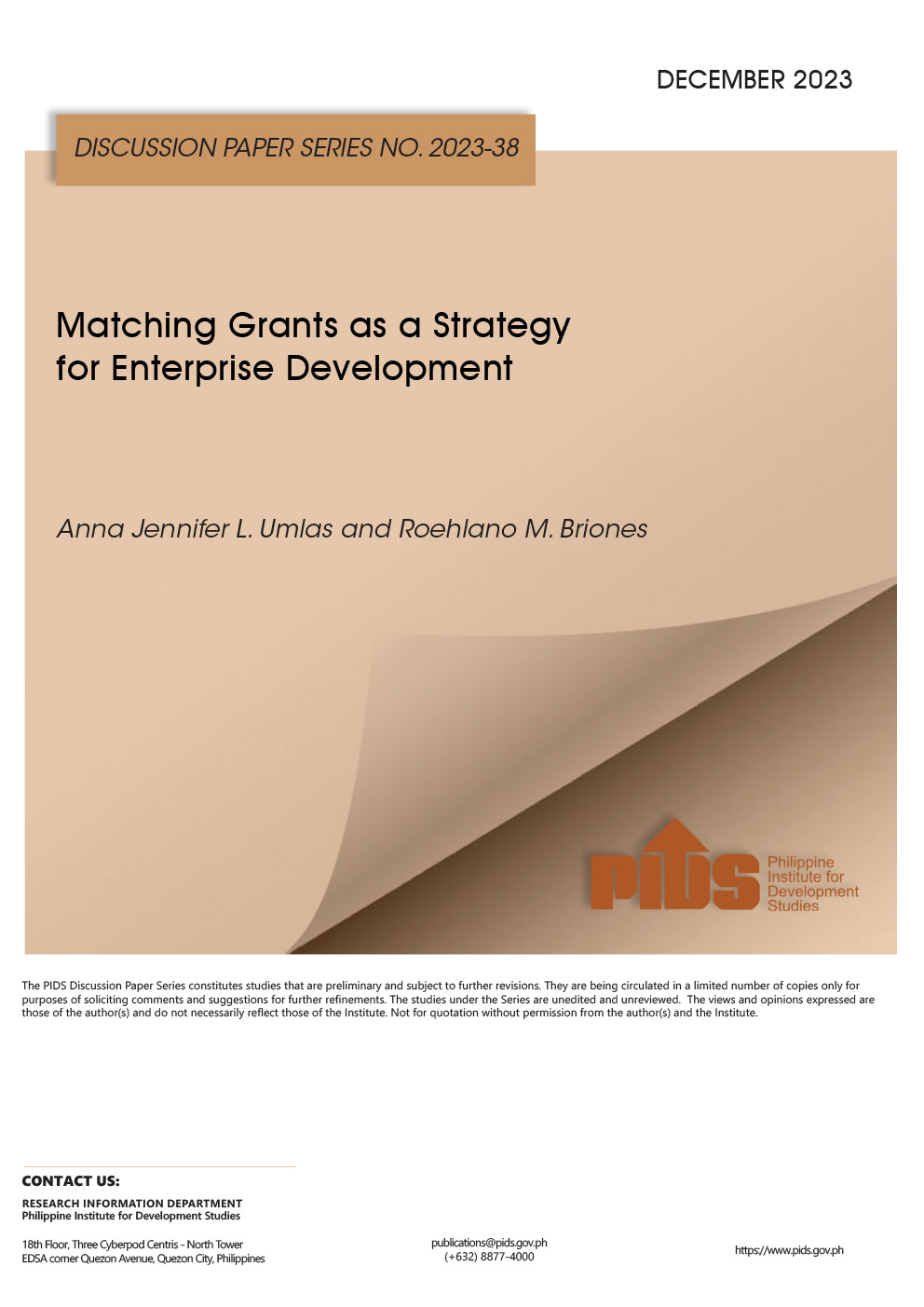Saying access to cheap credit will improve the agriculture sector's productivity, Sen. Cynthia Villar vowed to look into the effectiveness of the law providing farmers and fisherfolks access to cheap credit.
Villar, chair of the Committee on Agriculture and Food, presided over the hearing today to look into Republic Act 10000 or the Agri Agra Reform Credit Act of 2009.
"When the law was amended, the intention was to provide a financing system to improve the productivity of the agriculture and fisheries sectors. Years after its enactment, we want to know why we are still failing. We want to see if this law delivered on the promise to improve competitiveness or further amendment needs to be done," Villar said.
The law retains the 25% requirement of the loanable funds of banks to be dedicated for agriculture and fisheries and of which 10% shall be for agrarian reform beneficiaries (ARBs). The law provides for loans to support activities and purposes specified under the Agriculture and Fisheries Modernization Act (AFMA) and the Agrarian Reform Code of the Philippines.
During the first hearing held May 19, Villar tackled the bills filed seeking the condonation or restructuring of unsettled interests, penalties and surcharges on loans availed under the program. Resource persons also failed to give the committee specific information on the amount sought for condonation.
Villar asked the Bangko Sentral ng Pilipinas, Department of Agriculture and the Department of Agrarian Reform to submit a compliance report to Congress on the program to evaluate its effectiveness.
"More than condoning the loans, we must also look into the reasons and conditions why there is inability to pay back the loans and what are the interventions needed by our farmers," Villar said.
Villar noted that the Philippine Institute for Development Studies has identified the inability to access cheap credit as a barrier to Filipino farmers' competitiveness. The other factors being the lack of mechanization, lack of technical expertise and lack of financial literacy.
"These concerns are being addressed now by farm schools established in different parts of the country which provide free trainings on farming technologies and financial know-how. A government program providing our farmers adequate access to cheap credit will supplement our efforts to remove barriers to agricultural competitiveness," Villar said.












